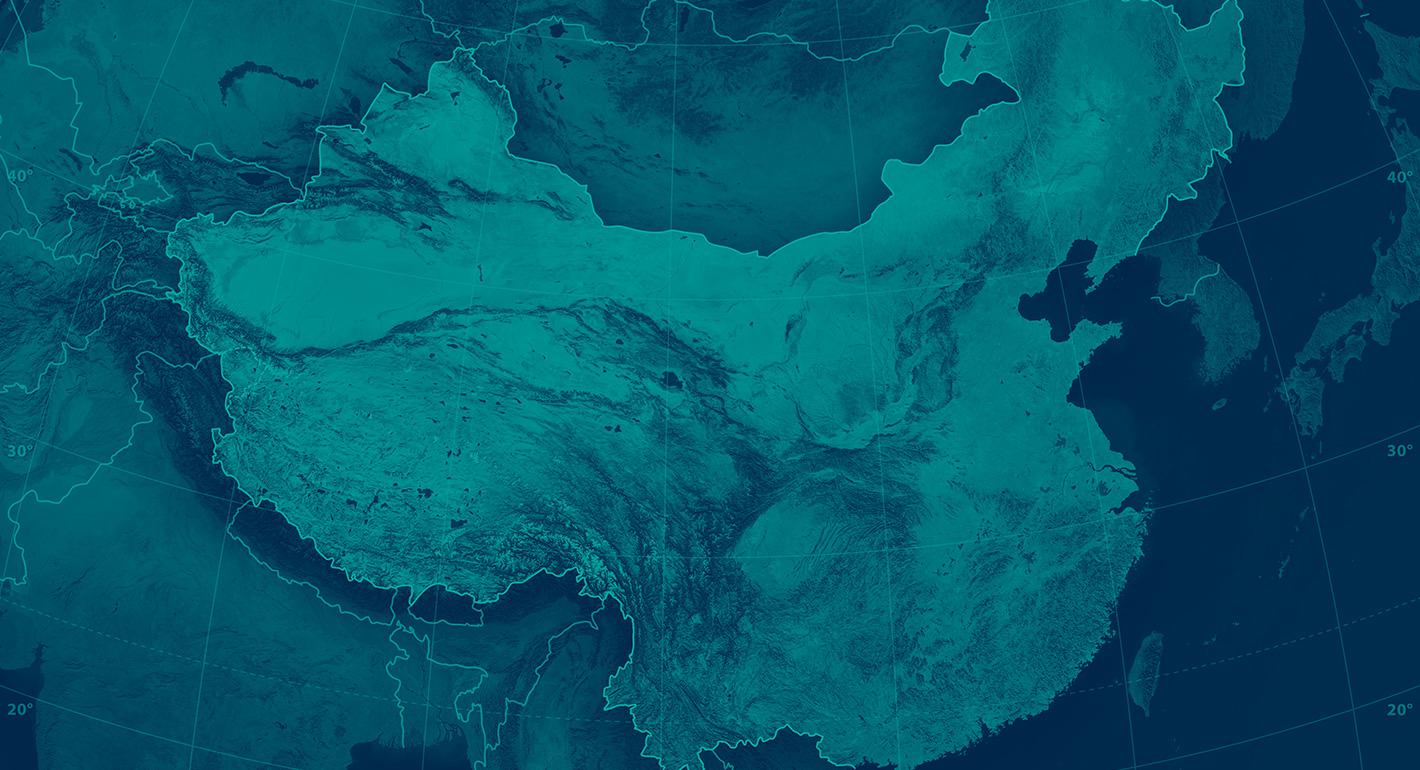{
"authors": [
"Tin Hinane El Kadi",
"Evan A. Feigenbaum",
"Benjamin Herscovitch"
],
"type": "event",
"centerAffiliationAll": "dc",
"centers": [
"Carnegie Endowment for International Peace"
],
"collections": [
"China Local/Global: Middle East and North Africa",
"China Local/Global: Southeast Asia"
],
"englishNewsletterAll": "asia",
"nonEnglishNewsletterAll": "",
"primaryCenter": "Carnegie Endowment for International Peace",
"programAffiliation": "AP",
"programs": [
"Asia"
],
"projects": [
"China Local/Global"
],
"regions": [
"North Africa",
"Egypt",
"Algeria",
"East Asia",
"China",
"Southeast Asia",
"Indonesia"
],
"topics": [
"Economy",
"Trade",
"Technology"
]
}
Localization and China’s Tech Success on Two Continents
Thu, October 6th, 2022
Live Online
Many in the West, especially Washington, argue that China extends its global influence by exporting and imposing its developmental model on other countries. Yet many in the Global South have successfully pushed Chinese firms to provide more of the technology goods and services they crave for their own development. But despite skills-transfer programs and, in some cases, value-added manufacturing, these Chinese localization strategies have actually delivered mixed returns to local economies without any meaningful capacity building or technology transfer.
Join Carnegie for a conversation about how local players have fared in three Middle Eastern and Southeast Asian countries—Algeria, Egypt, and Indonesia—in pushing Chinese technology firms to meet their developmental needs.
The panelists’ publications are part of a multiyear China Local/Global project at Carnegie that explores Chinese adaptation strategies in seven regions of the world, from Latin America to North Africa and Southeast Asia.
Carnegie does not take institutional positions on public policy issues; the views represented herein are those of the author(s) and do not necessarily reflect the views of Carnegie, its staff, or its trustees.
Event Speakers
Tin Hinane El Kadi

Tin Hinane El Kadi is a political economy researcher at Chatham House. Her research interests include innovation and the knowledge economy, ICTs and Development, state-business relations, and Chinese investments in North Africa.
Evan A. Feigenbaum is vice president for studies at the Carnegie Endowment for International Peace, where he oversees work at its offices in Washington, New Delhi, and Singapore on a dynamic region encompassing both East Asia and South Asia. He served twice as Deputy Assistant Secretary of State and advised two Secretaries of State and a former Treasury Secretary on Asia.
Benjamin Herscovitch
Benjamin Herscovitch is a research fellow at the Australia National University’s School of Regulation and Global Governance, where he focuses on China’s economic statecraft and Australia-China relations. He is a member of the ANU Working Group on Geoeconomics.
